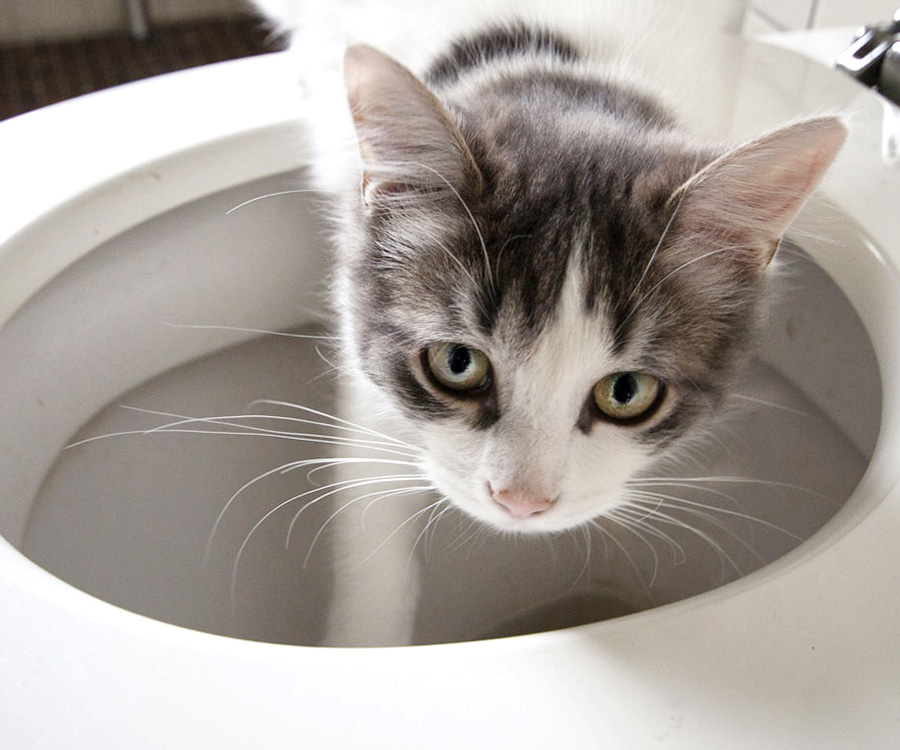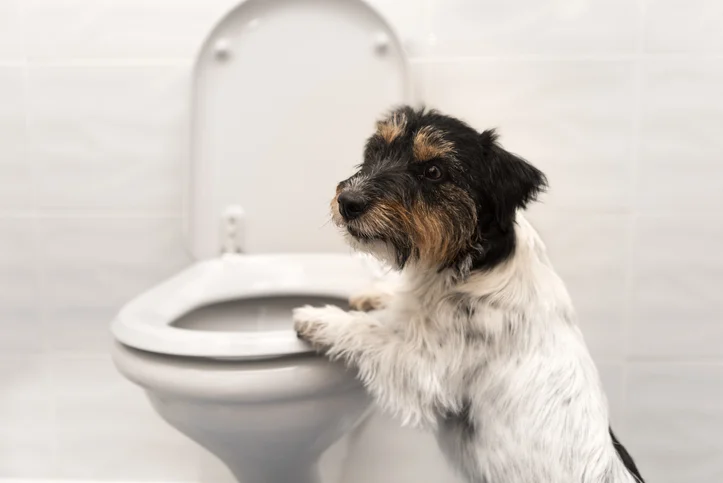Which Flushing Animal Waste Down the Toilet Could be Harmful
Which Flushing Animal Waste Down the Toilet Could be Harmful
Blog Article
The publisher is making a number of great observations regarding Can You Flush Dog and Cat Poo Down the Toilet? as a whole in the article down below.

When it comes to throwing away waste, especially animal waste, many individuals commonly consider the hassle-free choice of flushing it down the toilet. Nevertheless, this apparently very easy service can have severe repercussions for the environment and public health. In this write-up, we'll discover why flushing pet waste down the bathroom is a negative idea and give different techniques for correct disposal.
Intro
Appropriate garbage disposal is vital for keeping environmental sustainability and public health. While it may seem harmless to flush animal waste down the bathroom, it can result in different concerns, both for the setting and human wellness.
Risks of flushing pet waste
Ecological influence
Purging pet waste presents unsafe microorganisms and virus into rivers, which can negatively impact marine environments. These microorganisms can pollute water resources and harm marine life, interfering with delicate ecosystems.
Public health problems
Pet waste has harmful microorganisms such as E. coli and Salmonella, which can present major wellness risks to human beings. Purging pet waste down the commode can infect water products, bring about the spread of conditions and infections.
Alternatives to flushing
Instead of flushing animal waste down the commode, there are numerous alternate disposal techniques that are much more environmentally friendly and hygienic.
Composting
Composting animal waste is an eco-friendly method to get rid of it. By composting, raw material is broken down into nutrient-rich soil, which can be utilized to feed gardens and plants.
Landfill disposal
Disposing of animal waste in a land fill is another alternative. While not as eco-friendly as composting, it is a more secure alternative to flushing, as it prevents the contamination of water resources.
Pet waste disposal systems
There are specialized animal waste disposal systems offered that securely and hygienically throw away animal waste. These systems commonly make use of enzymes to break down waste and eliminate odors.
Steps to correct animal waste disposal
To make sure appropriate disposal of animal waste, follow these steps:
Scooping and bagging waste
Routinely scoop and bag animal waste utilizing biodegradable bags. This prevents waste from polluting the atmosphere.
Making use of designated waste bins
Dispose of bagged animal waste in assigned waste containers, such as compost bins or garbage dump containers. Prevent flushing it down the bathroom whatsoever costs.
Cleansing litter boxes and pet dog areas on a regular basis
Consistently clean litter boxes and pet locations to stop the build-up of waste and germs. Usage pet-safe cleaning products to preserve health.
Advantages of proper disposal methods
Adopting proper disposal methods for pet waste provides a number of benefits:
Decreased environmental pollution
Proper disposal methods reduce the risk of environmental pollution, shielding rivers and communities from contamination
Minimized danger of water contamination.
By preventing flushing pet waste down the toilet, the threat of water contamination is substantially decreased, safeguarding public health.
Enhanced sanitation and health
Correct disposal techniques advertise better sanitation read more and hygiene, producing a much safer atmosphere for both humans and pets.
Final thought
In conclusion, flushing pet waste down the commode is harmful to the setting and public health. By embracing alternative disposal methods and complying with proper waste management practices, we can lessen the unfavorable impact of pet waste and contribute to a cleaner, healthier earth.
What To Do With Dog Poo – The Do's And Don'ts Of Disposing Of Faeces
Dog poo bins
Some councils provide dedicated dog waste bins in popular dog-walking areas that can take dog poo that has been bagged but you can legally dispose of dog waste in any public litter bin, as long as it is securely bagged. This also applies to your wheelie bin at home.
Do not flush
Water companies do not recommend flushing dog faeces down the toilet because certain parasites can survive the water processing treatment and are potentially harmful to humans. You should also never consider flushing dog poo that has been bagged down the toilet as the bags will not break down and instead create severe blockages in the sewage system.
In the woods
The Forestry Commission promotes a ‘stick and flick’ method for dealing with waste in the woods. This means finding a stick and using it to flick any poo from off the path so that it is out of the way of other walkers. You could also bury it as long as it is not in an area where there might be livestock.
Livestock
Parasites found in dog poo can be transmitted to livestock if they inadvertently eat infected faeces that has been left on grazing land. This could result in the death of sheep or abortion in cattle so you should always make sure you pick up your dog’s waste in fields where livestock could be present.

Consistently clean litter boxes and pet locations to stop the build-up of waste and germs. Usage pet-safe cleaning products to preserve health.
Advantages of proper disposal methods
Adopting proper disposal methods for pet waste provides a number of benefits:
Decreased environmental pollution
Proper disposal methods reduce the risk of environmental pollution, shielding rivers and communities from contamination
Minimized danger of water contamination.
By preventing flushing pet waste down the toilet, the threat of water contamination is substantially decreased, safeguarding public health.
Enhanced sanitation and health
Correct disposal techniques advertise better sanitation read more and hygiene, producing a much safer atmosphere for both humans and pets.
Final thought
In conclusion, flushing pet waste down the commode is harmful to the setting and public health. By embracing alternative disposal methods and complying with proper waste management practices, we can lessen the unfavorable impact of pet waste and contribute to a cleaner, healthier earth.
What To Do With Dog Poo – The Do's And Don'ts Of Disposing Of Faeces
Dog poo bins
Some councils provide dedicated dog waste bins in popular dog-walking areas that can take dog poo that has been bagged but you can legally dispose of dog waste in any public litter bin, as long as it is securely bagged. This also applies to your wheelie bin at home.
Do not flush
Water companies do not recommend flushing dog faeces down the toilet because certain parasites can survive the water processing treatment and are potentially harmful to humans. You should also never consider flushing dog poo that has been bagged down the toilet as the bags will not break down and instead create severe blockages in the sewage system.
In the woods
The Forestry Commission promotes a ‘stick and flick’ method for dealing with waste in the woods. This means finding a stick and using it to flick any poo from off the path so that it is out of the way of other walkers. You could also bury it as long as it is not in an area where there might be livestock.
Livestock
Parasites found in dog poo can be transmitted to livestock if they inadvertently eat infected faeces that has been left on grazing land. This could result in the death of sheep or abortion in cattle so you should always make sure you pick up your dog’s waste in fields where livestock could be present.

I was introduced to that report about from an acquaintance on a different site. Are you aware of another individual who is intrigued by the niche? Do not hesitate to share it. I praise you for being here. Come back soon.
Call Today Report this page